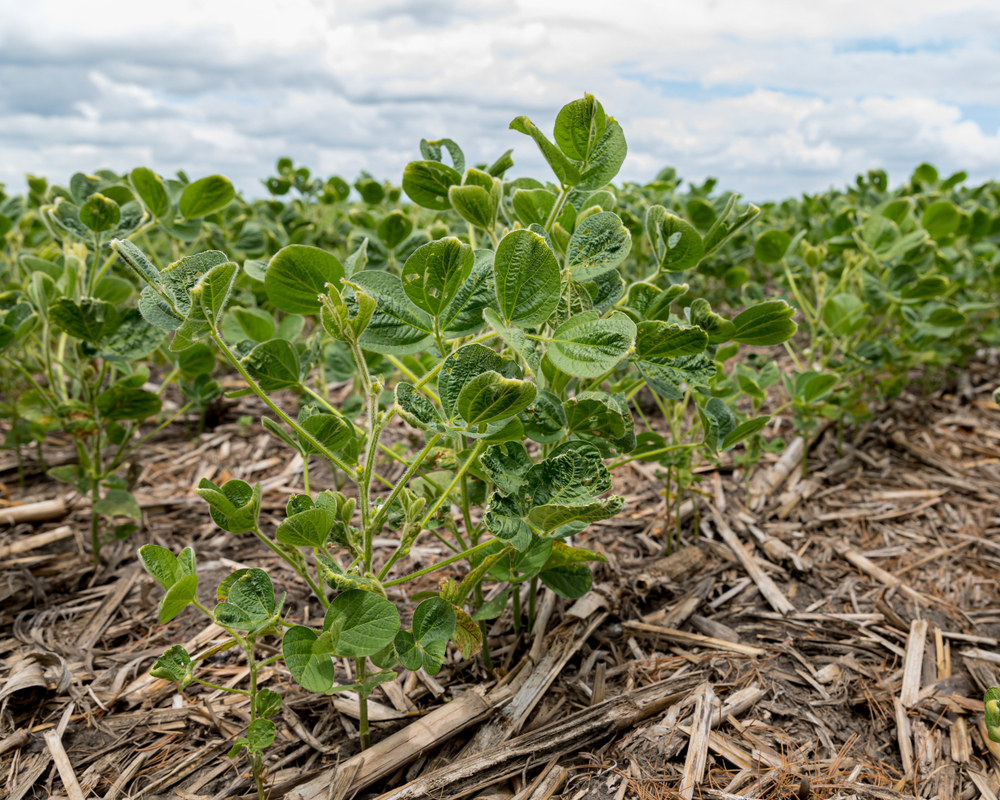A new report indicates that the Trump administration EPA was not entirely above-board.

The life of dicamba as a broad-spectrum, widely used treatment for major American crops has been brief and dramatic.
The pesticide, which showed a tendency to vaporize and drift (where it destroyed unprotected crops and even forests), was fiercely defended by the Environmental Protection Agency during the Trump administration. Now, a new report from DTN Progressive Farmer reveals that “political interference” contributed to the way that era of the EPA treated the pesticide’s legality.
Dicamba is not a particularly new pesticide, but dicamba-treated seed for cotton and soy was released in 2016. Almost immediately, reports started coming in about “dicamba drift,” a phenomenon wherein the pesticide travels sometimes miles away from its initial application. When it lands on non-dicamba-resistant soybeans, it causes severe damage, in the form of cupped, curled, unhealthy leaves.
In 2018, with outrage over dicamba drift already intense and several states having issued preliminary bans of the pesticide’s use, the EPA extended its approval of dicamba through 2020. Last year, an appeals court overturned that approval, removing the pesticide from the approved list of treatments and effectively banning it.
According to a new report from Emily Unglesbee at DTN Progressive Farmer, employees at the EPA’s Office of Chemical Safety and Pollution Prevention received an email on March 10, which addressed the possible reasons for that 2018 approval. The email, written by Michal Freedhoff, acting assistant administrator for that department, included this tidbit, according to the report: “In 2018, OCSPP senior leadership directed career staff to: (1) rely on a limited data set of plant effects endpoints; (2) discount specific studies (some with more robust data) used in assessing potential risks and benefits; and (3) discount scientific information on negative impacts.”
These directions, wrote Freedhoff, comprised “political interference” that “compromised the integrity of our science.” Shortly before leaving office, in October of 2020, the Trump administration EPA approved new five-year registrations for various dicamba products. That registration required the addition of a volatility reduction agent, as well as some slightly expanded regulations for where and when dicamba can be sprayed. That decision was applauded by groups that rely on dicamba, including the National Cotton Council. It’s as yet unclear whether the new regulations will reduce or eliminate the risk of dicamba drift or whether this view of past decisions from the EPA will result in changes to dicamba’s status.